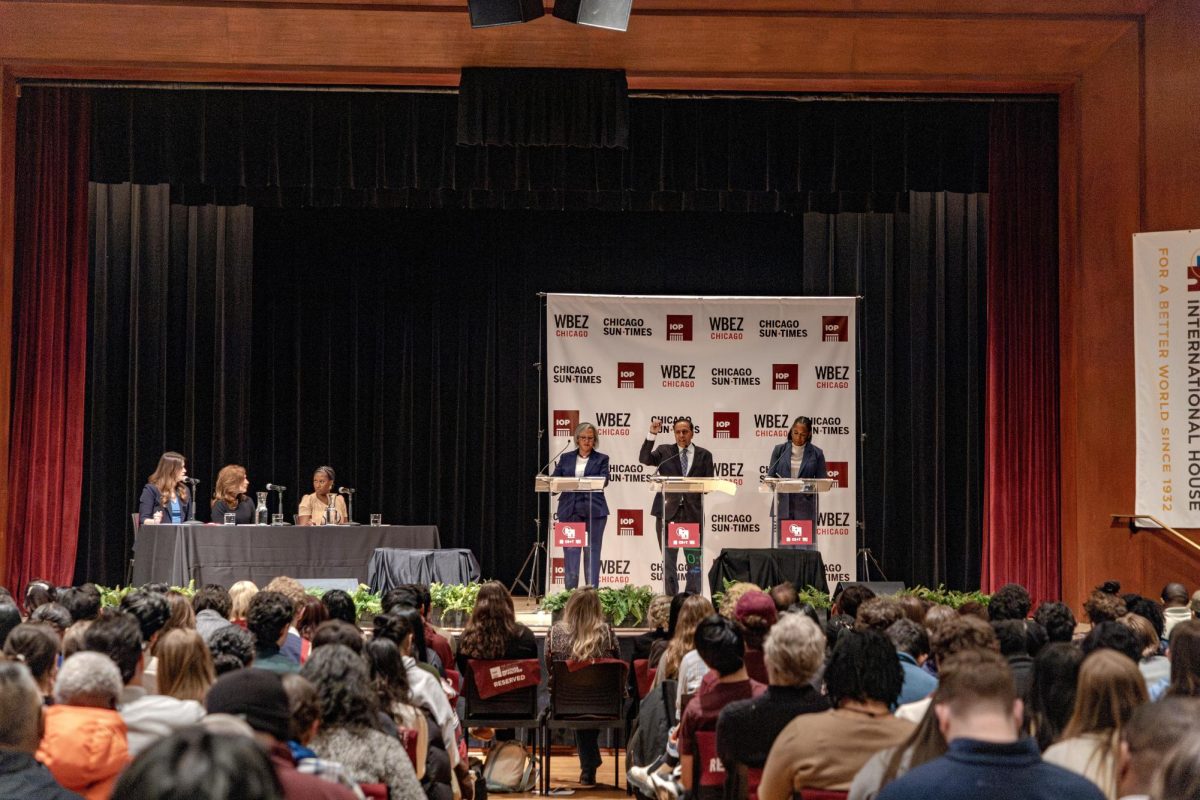On October 25, UChicago Medicine announced their participation in Cook County’s Medical Debt Relief Initiative (MDRI), abolishing $173.7 million in unpaid medical debt for 85,060 Cook County residents who received care across the UChicago Medicine network. It is the largest bundle of medical debt forgiven since the MDRI was established in 2022 and brings the program’s total forgiven debt up to $281.3 million, impacting 158,541 county residents concentrated in the South Side and in the south suburbs.
The MDRI was launched using $12 million of funds allocated by the American Rescue Plan Act, the economic stimulus package signed into law by President Biden in 2021. MDRI partners with RIP Medical Debt, a charity that uses donations to purchase large amounts of old, uncollected debt from hospitals at a discount. Whereas collection companies would purchase this same debt and use aggressive methods like lawsuits to collect it, the charity forgives the debt.
Through RIP Medical Debt, small donations can be leveraged to forgive large debts. After the MDRI donates to RIP Medical Debt, the charity looks through indebted patient lists of Chicago-area healthcare providers and forgives those who either owe debts of more than 5 percent of their annual income or are earning under four times the federal poverty rate.
Unpaid medical debt is a growing issue nationally. Though hard to measure, a 2022 investigative project by National Public Radio and KFF Health News found it to affect more than 40 percent of American adults. A quarter of adults with medical debt owe over $5,000, and one in five say they do not expect to ever pay it off. Besides squeezing households to cut spending on food and other essentials, in around 17 percent of cases, medical debt forces people to declare bankruptcy or to lose their house.
Debt can vary greatly in size, meaning that high-income, insured adults are often affected too. But it is about 50 percent more likely to impact households earning under $40,000 a year than those earning over $90,000, and Black and Hispanic adults are 50 percent and 35 percent more likely, respectively, than white adults to owe money for health care.
UChicago Medicine’s primary service area includes many of Chicagoland’s lowest-income ZIP codes. These households are more likely to fall into medical debt, making the recent $173.7 million debt relief package a significant milestone for Cook County’s MDRI program.
Typically, UChicago Medicine includes debt it deems “unrecoverable” in its annual Community Benefit Report. In 2022, this amounted to $200 million out of a total “community benefit” of $686 million, with most of the remaining $486 million composed of financial losses from treating Medicare and Medicaid patients.
















Jacob Myrene / Nov 30, 2023 at 7:47 pm
Terrible. Just terrible.